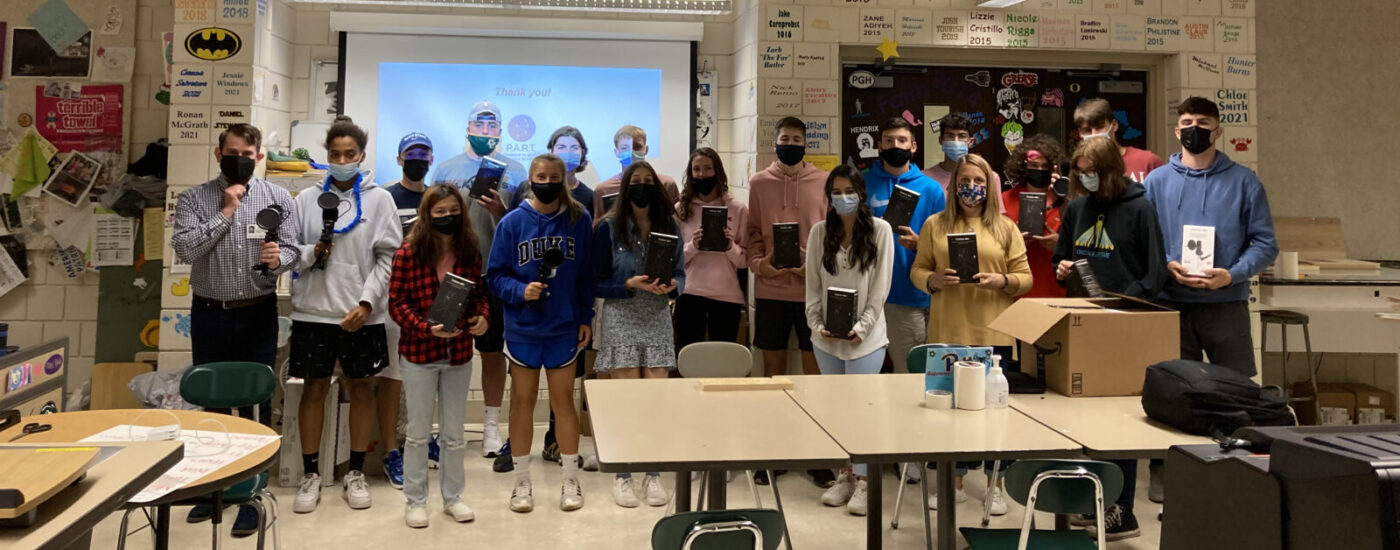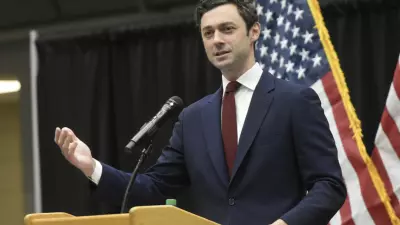Smart tech can be not just tech for some, but for all.

As tech increasingly becomes a more powerful tool in organizations, some groups are positioned to try to help make sure that people are not left behind.
“I always tell folks … responsibility is more than just, ‘Don’t do harm.’ But it’s, ‘Do as much good as possible,’” said Lance Lindauer, executive director and a co-founder of the Partnership to Advance Responsible Technology, which is based in the city’s Oakland neighborhood.
Founded in 2018, the group’s co-founders saw the city leading in innovation and emerging technologies related to artificial intelligence, robotics, life sciences and other areas. At the same time, they wanted to talk more about responsibility and ethics in innovation, he said.
So, P.A.R.T. emerged to provide research, training, outreach, and consulting for businesses, schools, nonprofits, and the government, Lindauer said. This includes providing direction for what responsibility can mean in technology economies, such as artificial intelligence.
Broadly speaking “responsible technology” means helping organizations to implement tech “with good intention to empower employees and businesses, and fairly impact customers and society — allowing companies to engender trust and scale with confidence,” according to Accenture, an Irish professional services company, with U.S. headquarters in Chicago, that specializes in information technology services and consulting.

Responsible tech is multifaceted, and it should involve public policy, investment in technology and related industries, educational curricula, and multi-sector collaborations, Lindauer said.
“It’s also making sure that there is accessibility and inclusive on-ramps into the economies so that students and people in under-represented communities can feel as though it’s not out of the realm of possibility for them to play a role,” he said.
Within the last year, the group produced a report for the Richard King Mellon Foundation that examined how Pittsburgh can build a better innovation and emerging-technology economy through connectivity and collaboration.
In addition to partnering with universities and other nonprofits on working groups, P.A.R.T. is running pilot programs at Deer Lakes High School in Cheswick, and Montour High School in McKees Rocks, both in Pennsylvania.
The high school programs focus on student-centered design and learning around emerging technology topics, using podcasting as a medium to teach students, he said.
They’ve also done projects in other parts of Postindustrial America, such as West Virginia and Michigan.
P.A.R.T. also will be holding an event June 14, the Responsible Technology Summit, at Phipps Conservatory and Botanical Gardens that will include conversations about disinformation, AI engineering, and workforce readiness.

With a growing number of companies, such as Uber, Apple, and Google, having campuses in Pittsburgh, the city is becoming a hub for tech innovation. Duolingo and Argo AI also are headquartered in Pittsburgh.
The city ranked 23rd of out the leading 140 worldwide in emerging startup ecosystems, according to a report by Startup Genome and the Global Entrepreneurship Network.
The city had 20 robotics research centers, and robotics led technology investments in 2020, according to the report.
Furthermore, with “the overlapping campuses and the historic collaboration of four research anchors — Carnegie Mellon [University], the University of Pittsburgh, Carlow University, and UPMC — the [Pittsburgh] Innovation District is among the top 10 concentrations of [research and development] spending in the U.S. and a premier source of talent, investment, research, and startup assets,” the report said.
Get the rest of the story in our summer magazine, coming in June. Not a member? Sign up here.







